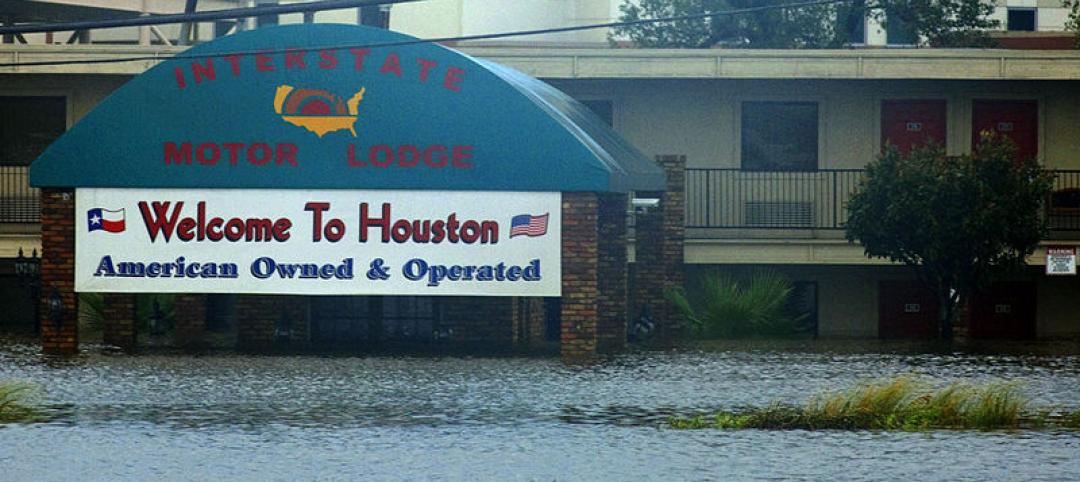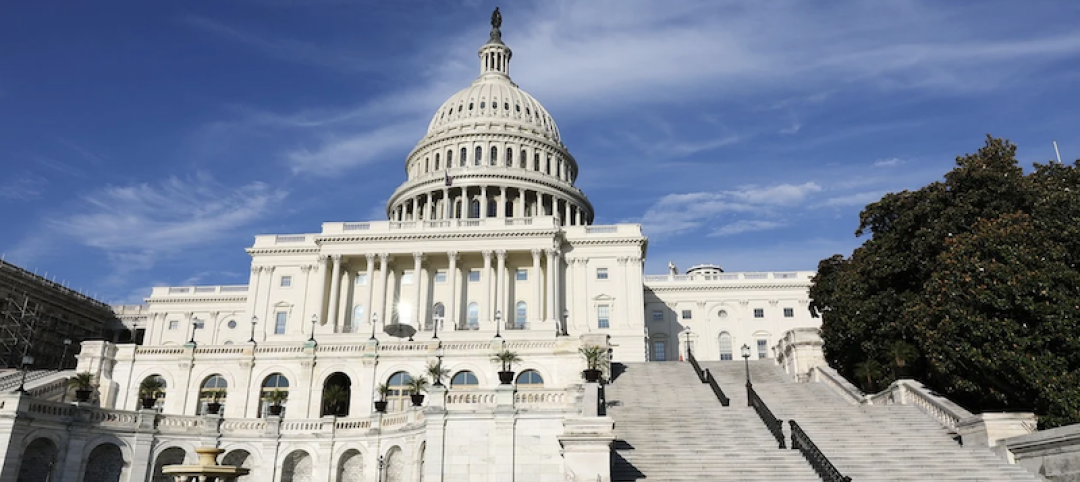The Washington D.C. Council recently passed legislation that will make it more expensive for owners to hold vacant or blighted property.
The Vacant Property Enforcement Act of 2016 reduces the maximum amount of time a vacant property can qualify for an exemption from higher vacancy tax rates. It also closes a loophole that allows continuous renewal of construction permits to qualify for tax exemptions, and require owners of vacant properties to prove they are no longer subject to the higher tax rates.
"The District has a substantial number of vacant properties, many of which are poorly maintained,” the bill report says. "Property owners may keep their properties vacant or fail to maintain them because they expect property values to rise over time. Poorly maintained and vacant properties can damage surrounding communities by being eyesores, by serving a venue for drug use and by providing a home for rodents or other animals. The net effect is to reduce the feeling of a cohesive community and depress surrounding property values."
The legislation reduces the time an owner can claim an exemption from higher taxes because of construction to one year for residential properties and to two years for commercial properties. Fines for failing to comply with city property regulations will rise from $1,000 to $5,000.
Related Stories
Codes and Standards | Jan 12, 2021
Two net-zero hotel projects could portend a new hospitality trend
Energy-intensive sector comprises 10% of all commercial real estate.
Codes and Standards | Jan 11, 2021
Zero Energy Buildings growth driven by government policy, stringent codes, technologies
Restraints include high upfront cost, and lack of universal definition and approaches.
Codes and Standards | Jan 11, 2021
HUD releases new Fair Housing Act design and construction requirements
First update of ‘safe harbors’ in 15 years provides better clarity for design and construction firms.
Codes and Standards | Jan 8, 2021
Court ruling gives UpCodes upper hand in fight over building codes database
Battle over IP property claims by ICC and other codes bodies continues.
Codes and Standards | Jan 8, 2021
Houston creates tax incentives for green stormwater elements
Businesses that install green roofs, rain gardens, permeable pavement, and rainwater harvesting are eligible.
Codes and Standards | Jan 7, 2021
Trump’s classical design aesthetic mandate for federal buildings likely to be felt for years
May limit the number of firms that could compete for contracts.
Codes and Standards | Jan 7, 2021
Workers on some of Virginia’s major construction projects sue subcontractors for wage theft
Projects include new General Assembly Building, outpatient facility at Virginia Commonwealth University.
Codes and Standards | Jan 5, 2021
EPA finalizes first major update to Lead and Copper rule
Will accelerate pace of lead service line replacement.
Codes and Standards | Jan 5, 2021
Flood risk for affordable housing expected to triple by 2050
Some communities will have 90% of their affordable housing at risk.
Codes and Standards | Jan 4, 2021
Ranks of remote workers expected to double in five years
Nearly 23% of employees will work from outside of offices.

















